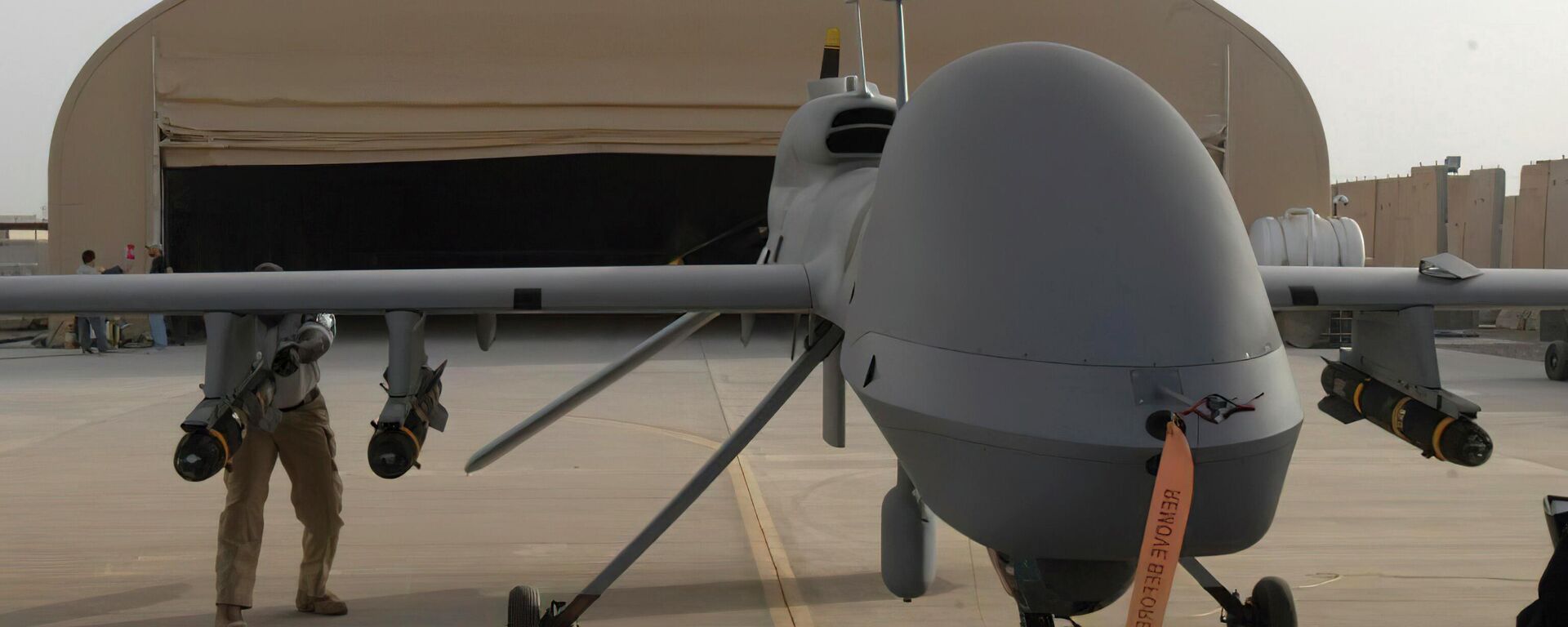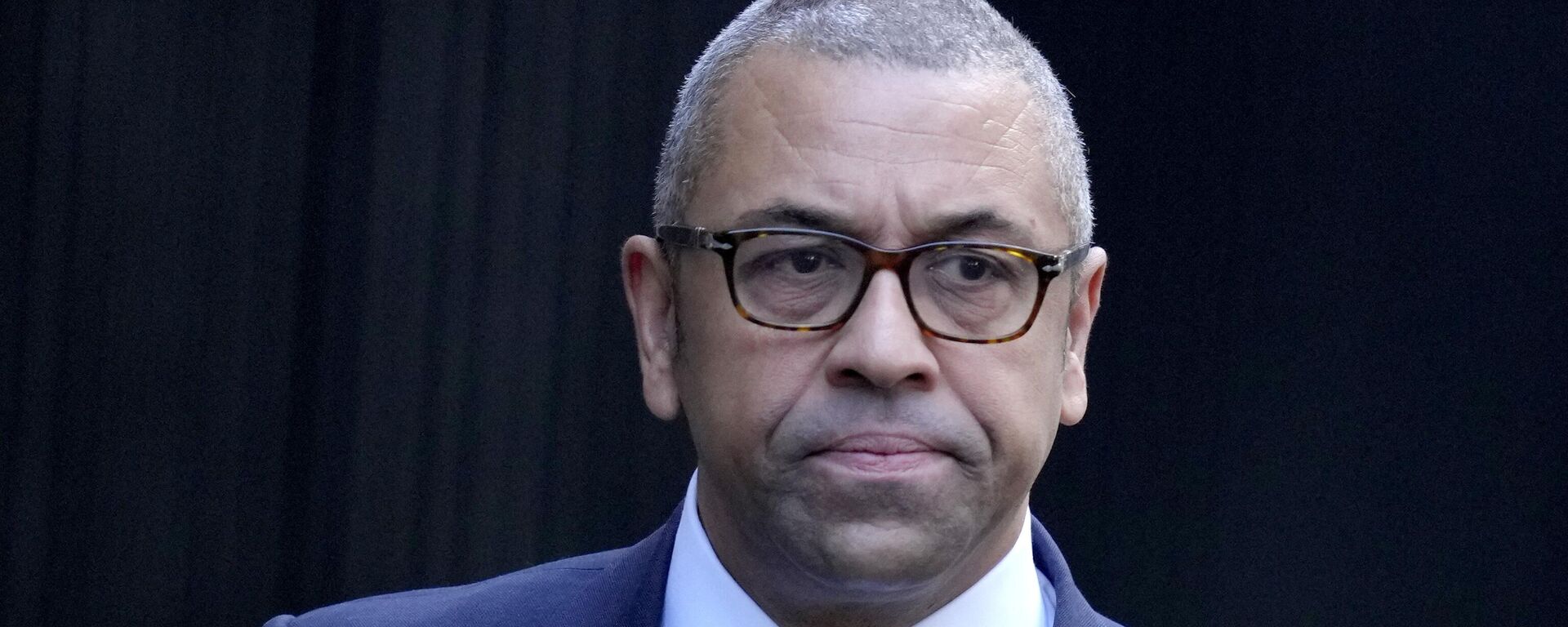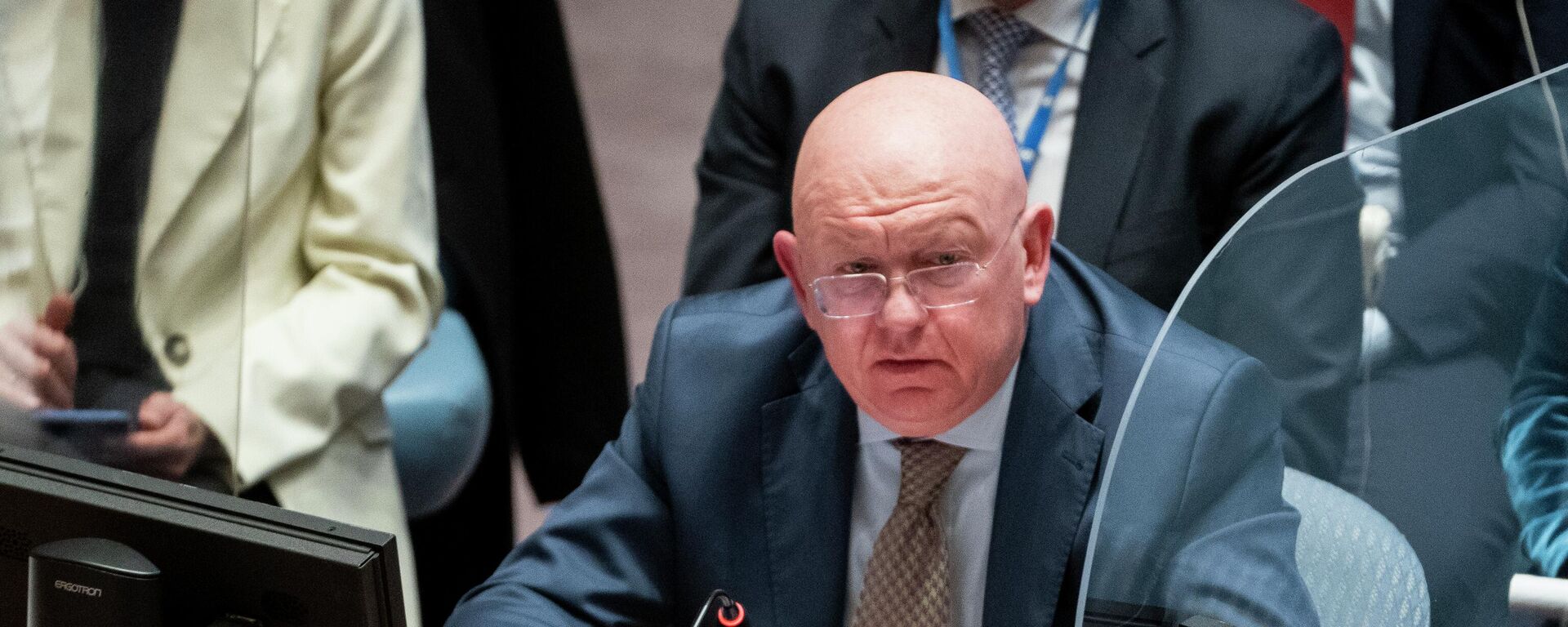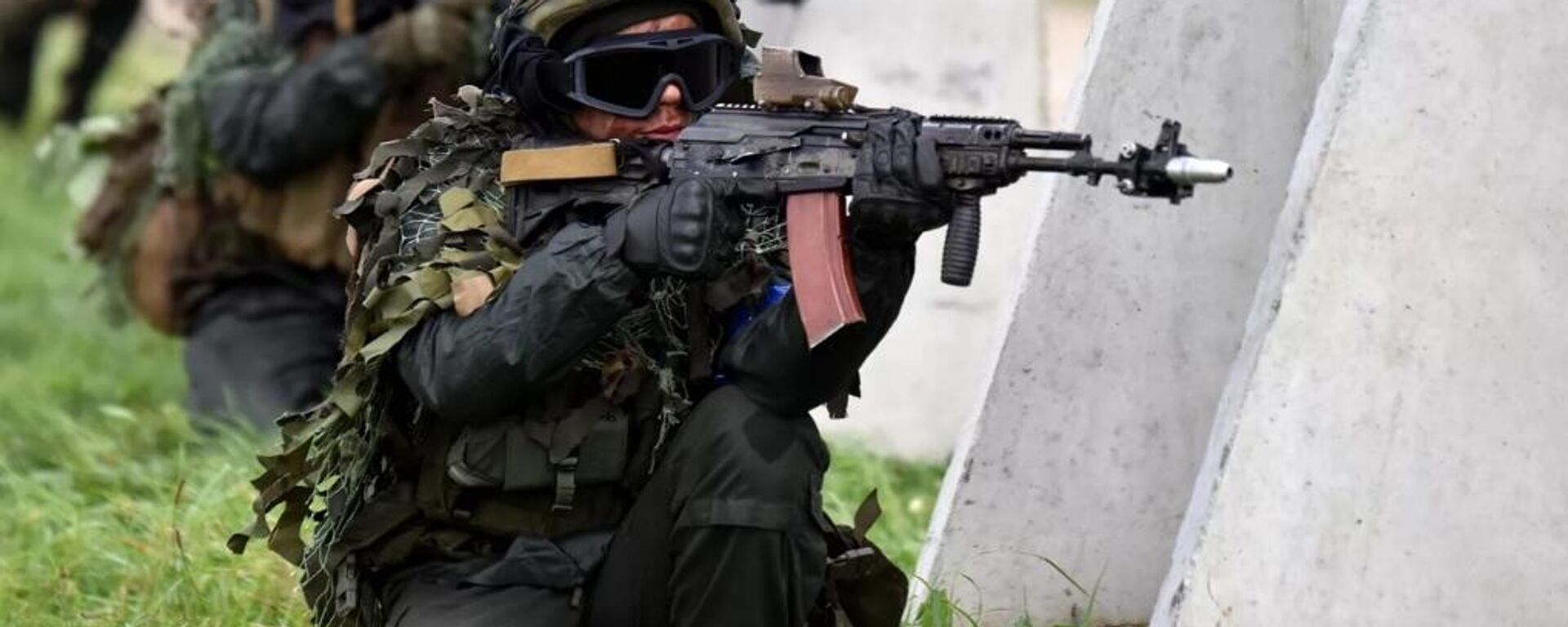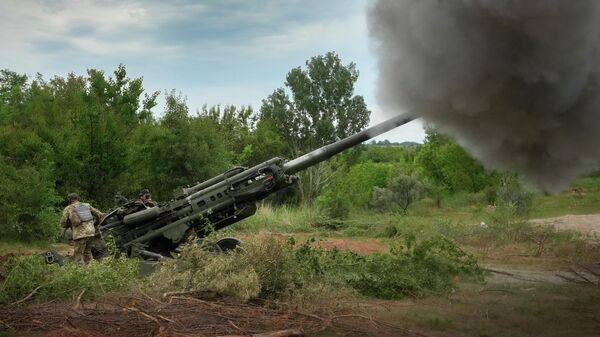
"We agreed with the ministers on a common message along the following lines. First, we will continue isolating Russia internationally. We will continue imposing restrictive measures against the Russian economy. We stand ready to continue reinforcing restrictive measures and target third countries involved, especially the ones who know they are providing arms and military support [for Moscow]," Borrell told a press conference after the EU Foreign Affairs Council in Brussels.
Western countries determined to isolate Russia after it launched a special military operation in Ukraine on February 24. They rolled out a comprehensive sanctions campaign against Moscow, while also threatening Russian allies and partners with similar restrictions in the event of continued cooperation with and support for the country. Russian President Vladimir Putin has, in turn, insisted that Russia could not be isolated.
"The EU Council has launched the EU Military Assistance Mission EUMAM to support Ukraine in Russia’s ongoing war of aggression and provide training to up to 15000 Ukrainian Armed Forces personnel. Decision enters into force on publication in the Official Journal," the Czech presidency said in a tweet.
“Today, at the G20 Summit in Bali, Indonesia, the Prime Minister, Justin Trudeau, announced that Canada will provide C$500 million [$375.82 million] in additional military assistance for Ukraine, to assist the Armed Forces of Ukraine in defending their country against Russia’s brutal and unjustifiable invasion,” Prime Minister Justin Trudeau's office said in a press release.
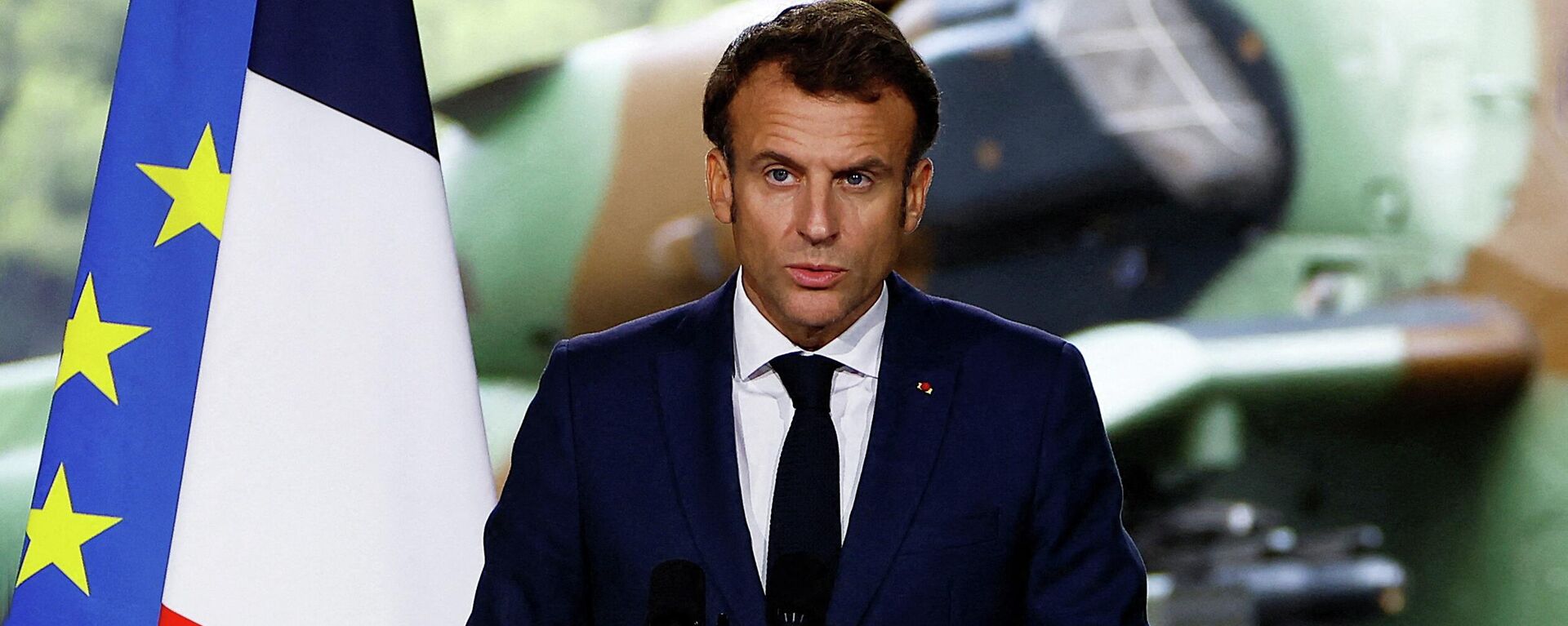
"Ukraine will decide what to do. Our duty is to support them," Borrell told reporters ahead of the EU Foreign Affairs Council meeting in Brussels, when asked whether Ukraine should negotiate for peace.
